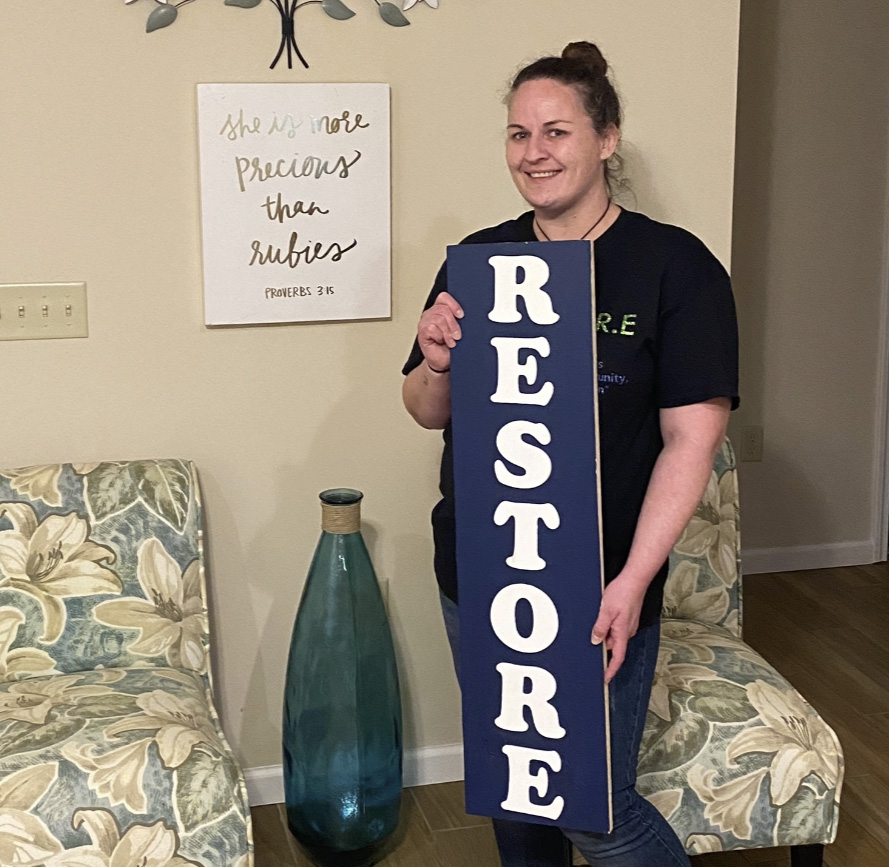
R.E.S.T.O.R.E., a Jacksonville charity that seeks to reduce recidivism by providing support services to ex-offenders transitioning back into mainstream society, acquired by donation a vacant residential lot from the City of Jacksonville. The previous owner, a corporation, had stopped paying property taxes on it.
Having acquired the property in a tax sale, the corporation attempted to create a conservation easement on the property by conveying it to a conservation trust. The corporation then stopped paying the property taxes.
When the City subsequently acquired the property by tax deed, all prior liens were extinguished in accordance with Florida law, but the conservation easement and deed restrictions survived.
R.E.S.T.O.R.E. could not obtain a loan to build an affordable house on the lot because of the deed restrictions, and the previous owner wanted money to terminate the easement.
R.E.S.T.O.R.E.’s JALA Staff Attorney Carol Miller investigated the situation and learned that the easement did not appear to meet the qualifications for a conservation easement under Florida law because it was not appropriate to retain or protect the property for any of the reasons listed in the statute.
Miller also learned that the corporation had failed to properly convey the easement. R.E.S.T.O.R.E. therefore did not need to convince the court that the easement did not comply with the statutes. The trust itself was not a valid legal entity to receive a conservation easement. Pro bono attorney Linda Pek assisted with this aspect of the case by explaining how trusts are conveyed to trustees.
Still, R.E.S.T.O.R.E. needed a quiet title action to extinguish this purported conservation easement and deed restrictions in order to avoid paying the previous owner.
JALA filed an action to quiet the title. At the first hearing, the court informed the defendant that corporations need to hire counsel to contest a case. Once the corporation hired an attorney, JALA was able to settle the case and quiet the title.
R.E.S.T.O.R.E. is now free to build much-needed transitional housing for formerly incarcerated women on the property.



